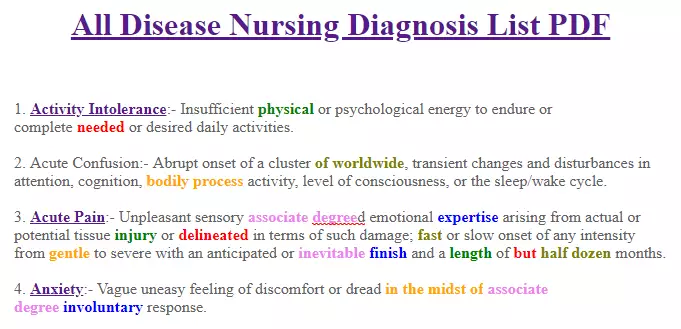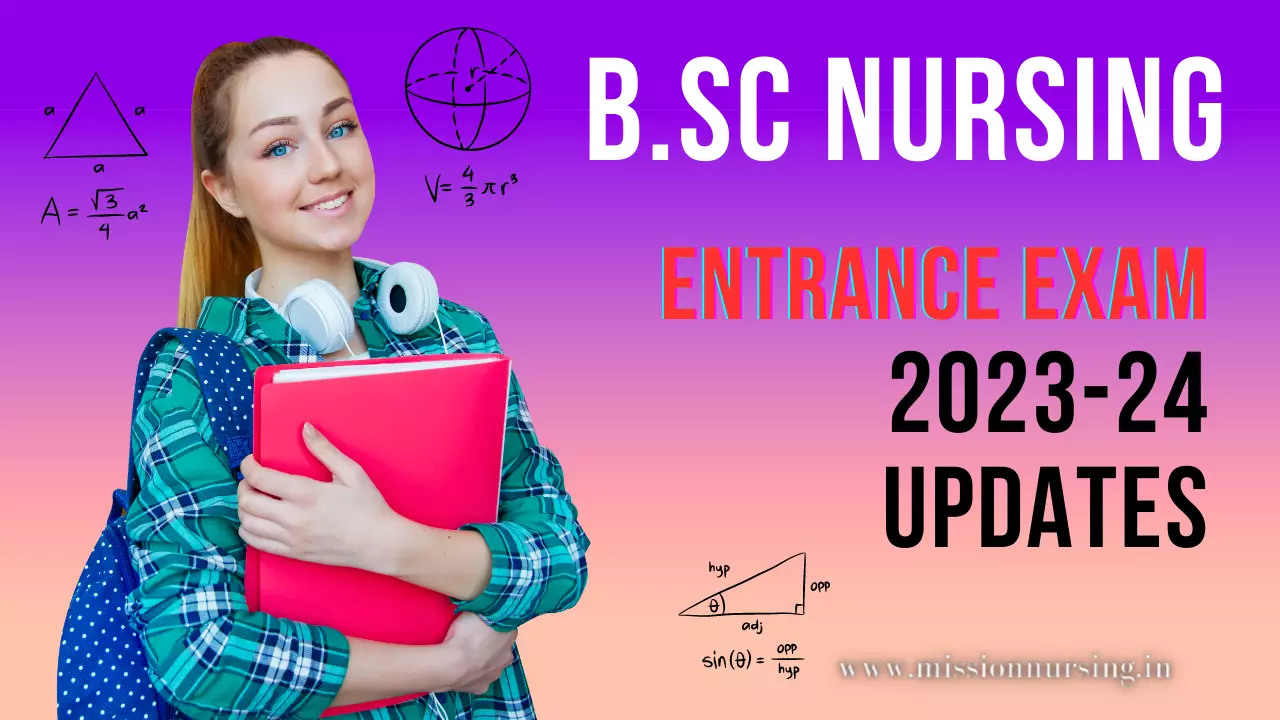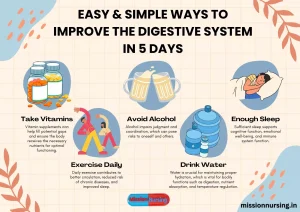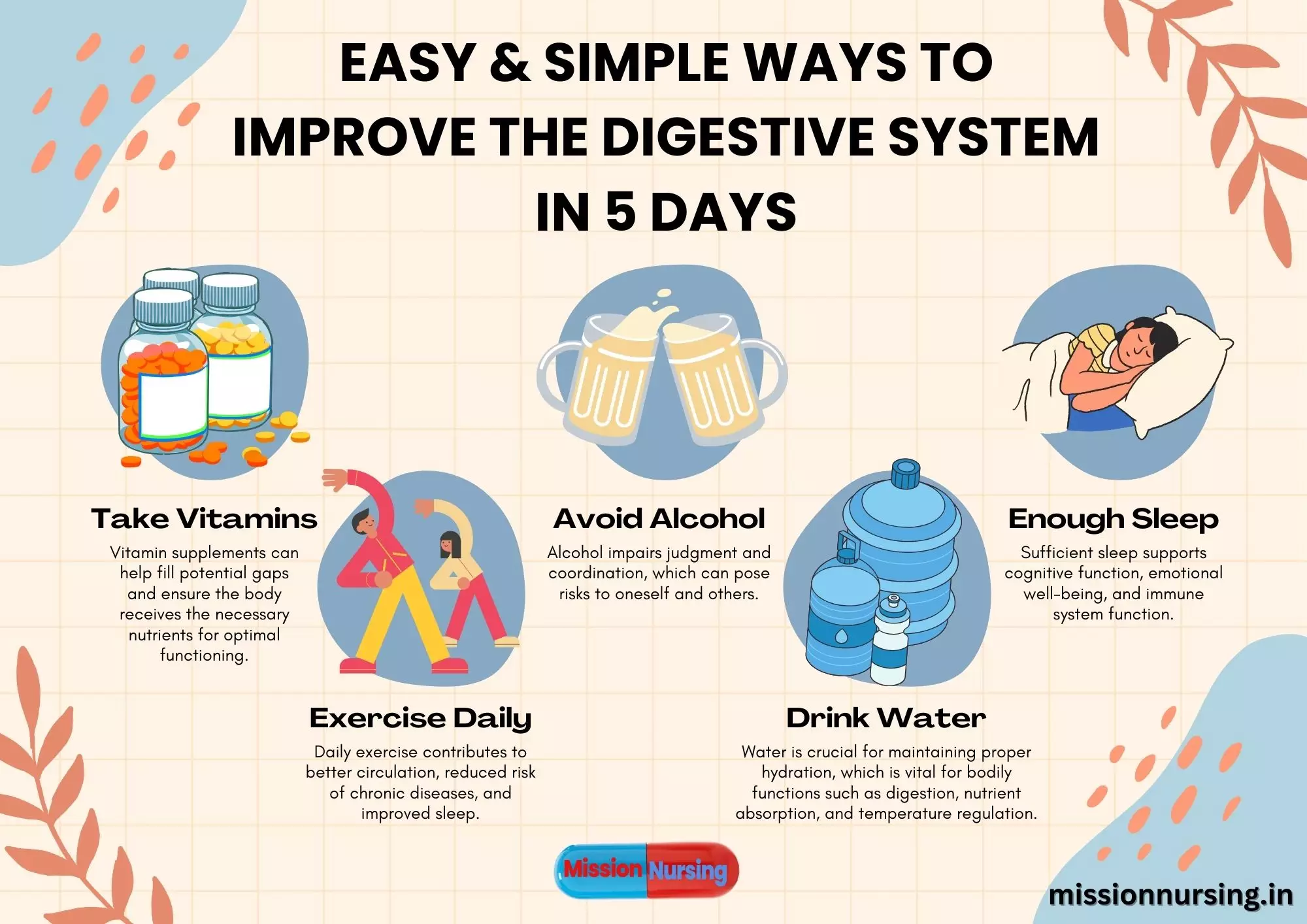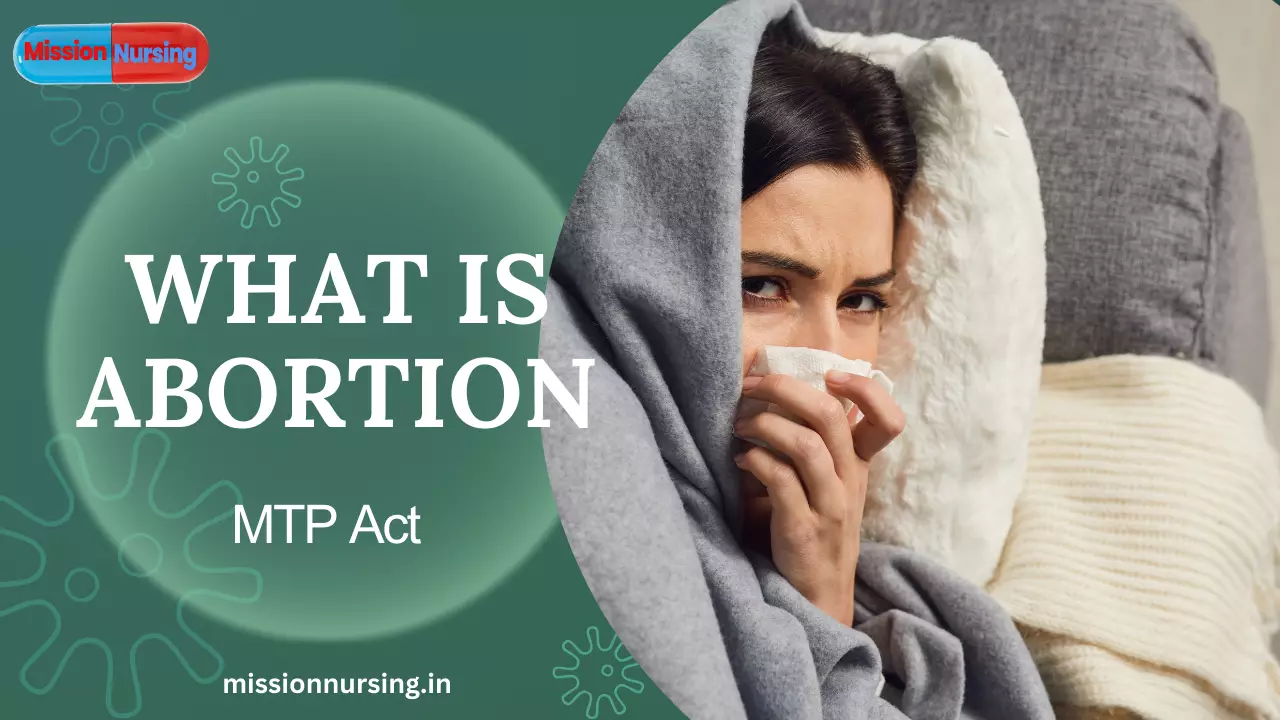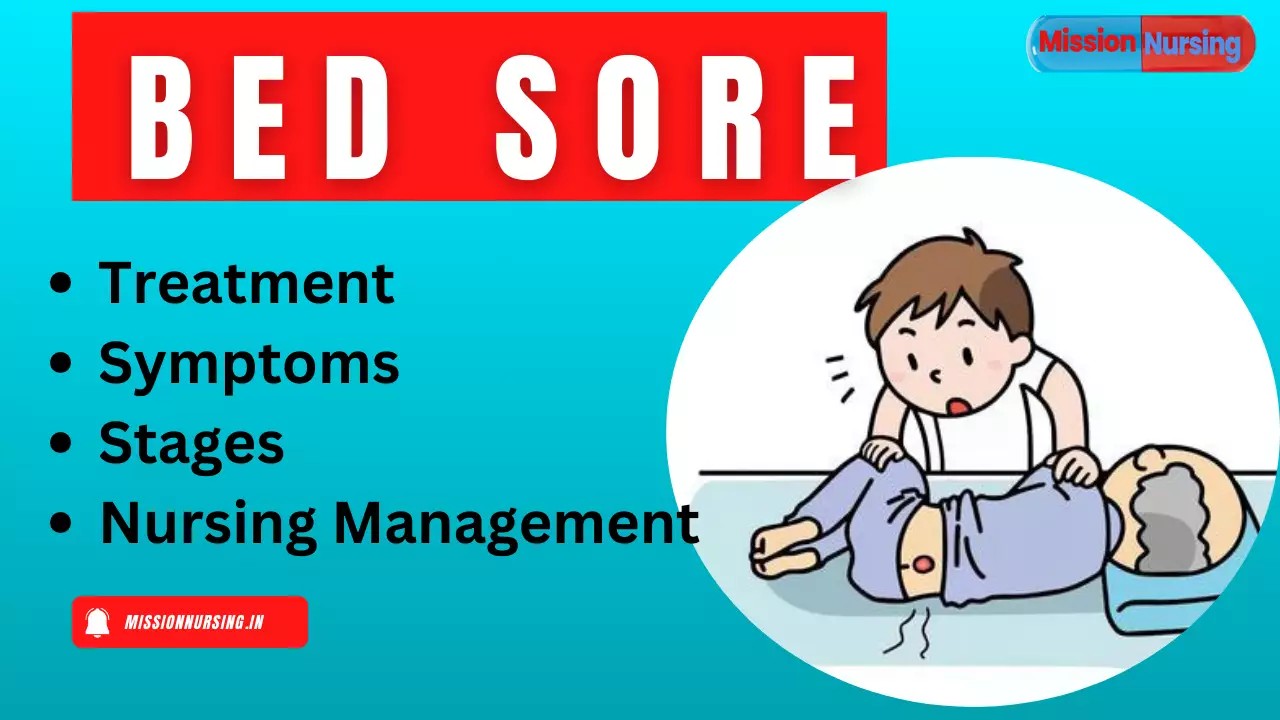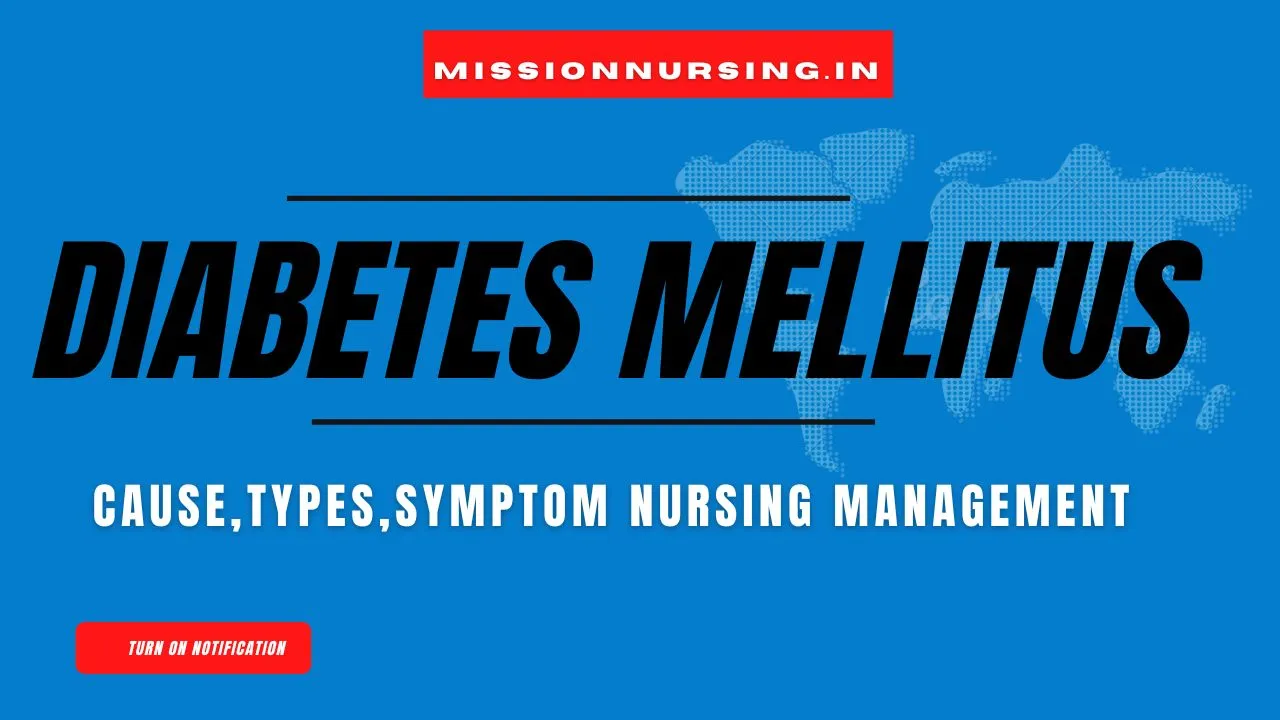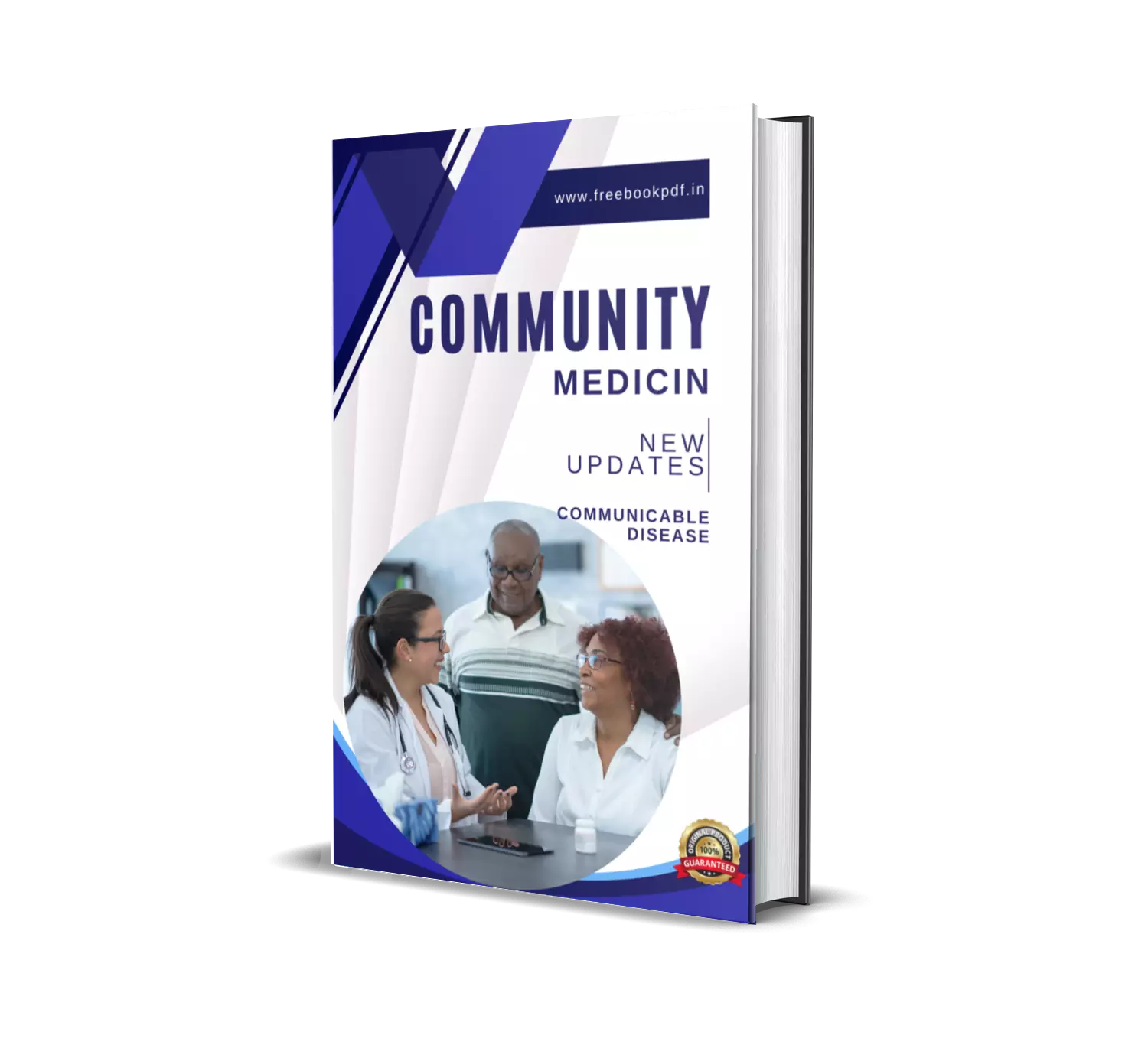El Salvador Clamps Down On Shopping Trips To Curb Coronavirus Spread
SAN SALVADOR — Salvadoran President Nayib Bukele announced still tougher measures on Tuesday to curb the coronavirus pandemic, including shopping trips limited to twice a week.
The new measures take effect for 15 days from Thursday in the impoverished Central American nation, which has recorded 587 infections and 14 deaths and already had some of the region’s strictest curbs.
Shopping trips will be regulated on the basis of the numbers on people’s identity documents, Bukele said in a televised speech, and they will no longer be allowed to cross municipal boundaries, even to buy food or medicine.
(Reporting by Nelson Renteria; Writing by Stefanie Eschenbacher; Editing by Clarence Fernandez)
UC Berkeley Chancellor Carol Christ expects the school to adopt a “hybrid plan” for the fall semester, with some classes in person and others online.
Christ, speaking Tuesday during an online panel discussion with other campus leaders, made her most extensive public comments about Cal’s plans for the fall. She said the school will make a final decision by mid-June and intends to have “a semester in the cloud for students who cannot come to campus.”
Instruction for the fall semester is scheduled to begin Aug. 26.
Christ reiterated that Berkeley, like other UC campuses, is not considering tuition refunds because “students have access to classes and they’re getting full credit,” she said. “We’re responding to a public health emergency in providing an alternative mode of delivery, in order to protect the health of the entire community.”
Most colleges across the country did not offer prorated refunds on tuition and campus fees for the spring term, despite moving classes online in mid-March. That sparked a flurry of class-action lawsuits, including two filed against the UC system last week.
One of the biggest impediments to reopening college campuses remains the imposing challenge of student housing. Christ echoed UC President Janet Napolitano, who spoke last week of the complicated process required to reopen dormitories.
“We’re working very hard on the question of how to safely make available our residence halls to students,” Christ said. “We’ll be developing a testing regimen for the campus, and we’ll be developing a way to use dorms to maintain social distancing, identify cases, quickly isolate cases and (do) contact tracing.”
As for UC Berkeley’s long-range future in a post-coronavirus world, Christ noted that the campus was one of the first to close, on March 9.
“I think our experience with the virus has shown that was a really wise decision,” she said. “It’s amazing to think, in retrospect, how we completely changed the operation of the university in two or three days. … I keep telling people there will be a day after, and we’ll be in a stronger position because of what we do now.”
Other Related Post:-
